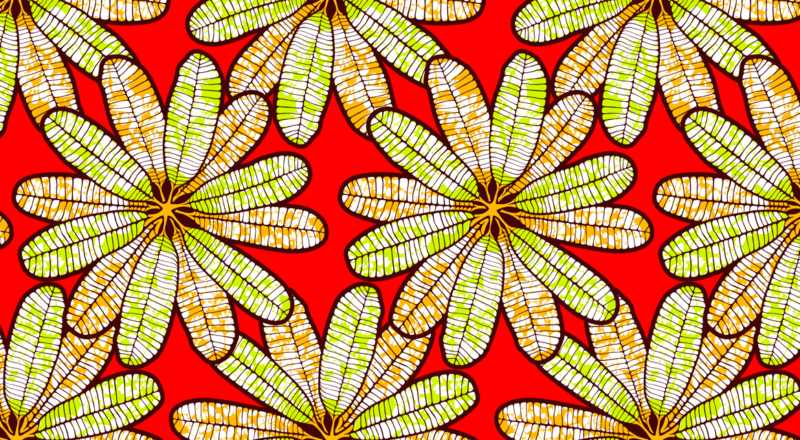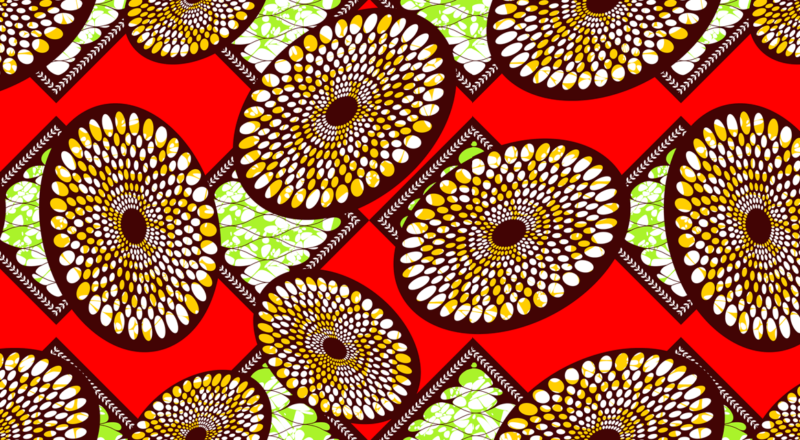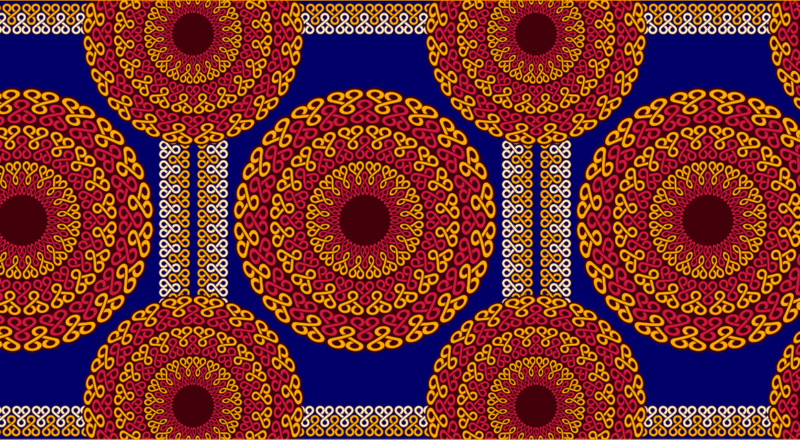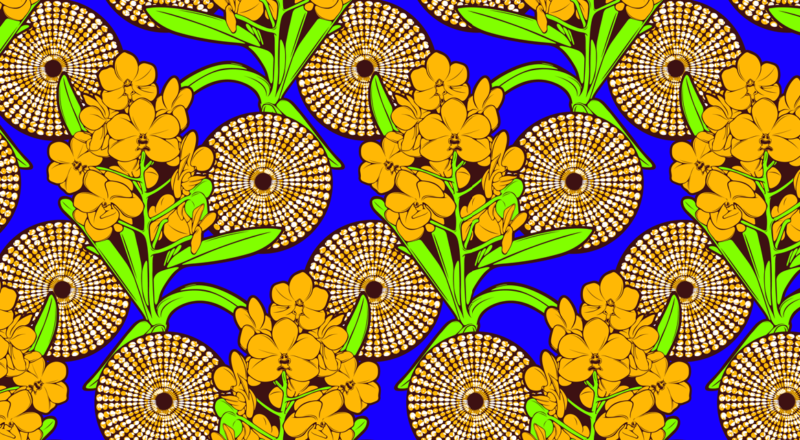An Embu pounding song from north eastern Kenya, close to Mount Kenya. Pounding songs are sung by women using mortar and pestle to pound grain to flour, the thud of the pestle providing the songs’ rhythm (see also Pounding Songs). In this poem the singer pounds malted-millet grain to be made into millet beer for her husband, Mwaniki.
Let me pound beer, pound it for Mwaniki:
He is the one who drinks dilute beer…






